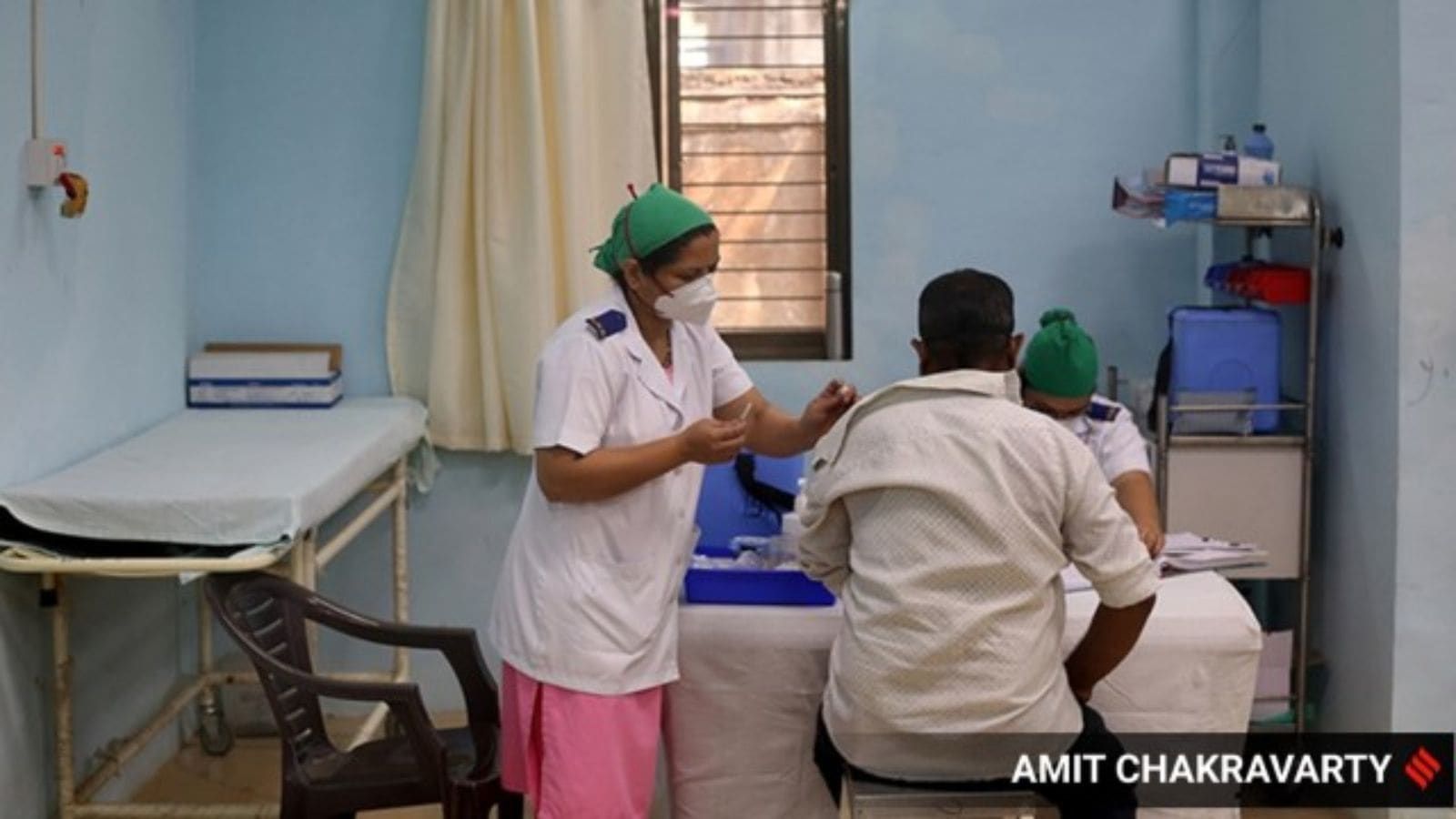📣 For more lifestyle news, click here to join our WhatsApp Channel and also follow us on Instagram
A neurologist explains: Why the Guillain-Barré Syndrome causes paralysis
Guillain-Barré Syndrome occurs when the body’s immune system mistakenly attacks nerve cells, disrupting communication between the brain and muscles.
 How Guillain-Barré Syndrome affects the nervous system and cause paralysis (Source: Freepik)
How Guillain-Barré Syndrome affects the nervous system and cause paralysis (Source: Freepik)
Guillain-Barré Syndrome (GBS) is a rare but serious autoimmune disorder that affects the peripheral nervous system, leading to muscle weakness, loss of reflexes, and even paralysis.
According to Dr Sameer Gupta, Director & HOD Neurology at Yatharth Super Speciality Hospital, Faridabad, GBS occurs when the body’s immune system mistakenly attacks nerve cells, disrupting communication between the brain and muscles.
How Guillain-Barré Syndrome affects the nervous system and causes paralysis
The exact cause of GBS is unknown, but it often follows a viral or bacterial infection, which triggers an abnormal immune response. Dr Gupta explains that the immune system produces antibodies to fight off infection, but in some cases, these antibodies mistakenly attack the nerves instead.
- Autoimmune Attack: The immune system targets the myelin sheath, the protective layer surrounding nerve fibres. In some cases, the attack also affects the axons, which are responsible for transmitting signals.
- Demyelination & Nerve Damage: This disrupts the transmission of electrical impulses, leading to delayed or blocked nerve signals.
- Loss of Motor Function: Since peripheral nerves control voluntary movements, damage to these nerves weakens the muscles, leading to progressive paralysis, which usually starts in the legs and spreads upward.
- Severe Cases – Respiratory Involvement: If the phrenic nerve, which controls the diaphragm, is affected, patients may experience breathing difficulties and require ventilator support.
 Guillain Barre Syndrome is an autoimmune disease that produces antibodies which attack the body’s nerves. (Express Photo by Amit Chakravarty)
Guillain Barre Syndrome is an autoimmune disease that produces antibodies which attack the body’s nerves. (Express Photo by Amit Chakravarty)
Paralysis in GBS is a direct result of nerve conduction failure. The loss of myelin prevents motor nerves from transmitting signals to muscles, causing flaccid paralysis (weakness without muscle rigidity).
Dr Gupta emphasises that unlike spinal cord injuries, GBS does not cause permanent nerve destruction, making recovery possible with proper treatment.
Is GBS reversible? Can it be treated?
The good news is that GBS is reversible in most cases, though recovery can take weeks to months. Dr Gupta outlines the key treatment options:
- Plasmapheresis (Plasma Exchange): A process that removes harmful antibodies from the blood, reducing the immune attack on nerves.
- Intravenous Immunoglobulin (IVIG): Provides healthy antibodies to neutralize the immune system’s attack.
- Supportive Care: Includes physical therapy, ventilator support (if needed), and pain management to aid recovery.
Most patients experience significant improvement, but some may have lingering weakness or nerve damage. Early diagnosis and treatment are crucial for better outcomes.
DISCLAIMER: This article is based on information from the public domain and/or the experts we spoke to. Always consult your health practitioner before starting any routine.
📣 For more lifestyle news, click here to join our WhatsApp Channel and also follow us on Instagram
Photos






- 01
- 02
- 03
- 04
- 05





















